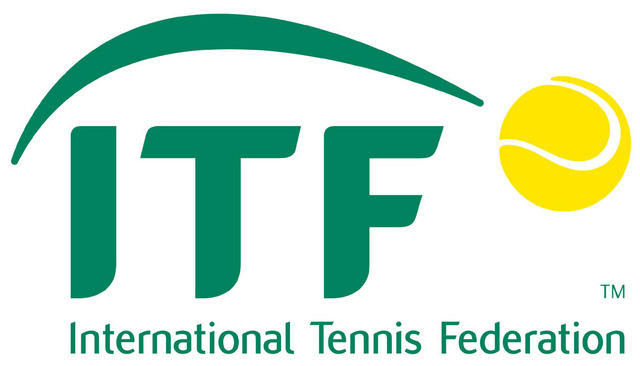 This is an article from the ITF Coaching and Sport Science Review from 2013 by Buszard/Reid/Farrow/Masters. You find a lot of informations about implicit motor learning in tennis and how to use it in tennis coaching.
This is an article from the ITF Coaching and Sport Science Review from 2013 by Buszard/Reid/Farrow/Masters. You find a lot of informations about implicit motor learning in tennis and how to use it in tennis coaching.
Schlagwort-Archive: Rich Masters
Metaphors and analogies
 Metaphors and analogies. Rich Masters describes a way of learning the topspin stroke implicit, by using an analogy: „Imagine you move your racket on the hypotenuse of a triangle.“ Learning implicit means, that the coach does not have to explain anything explicit!
Metaphors and analogies. Rich Masters describes a way of learning the topspin stroke implicit, by using an analogy: „Imagine you move your racket on the hypotenuse of a triangle.“ Learning implicit means, that the coach does not have to explain anything explicit!
Rich Masters beschreibt einen Weg zum impliziten Lernen des Topspinschlags, indem er einen Analogie verwendet: „Stell Dir vor, Du bewegst Deinen Schläger wie auf der Hypotenuse eines rechtwinklingen Dreiecks.“
Noch was zum Topspin: Hochnetz
Rich Masters on implicit motor learning
Professor Rich Masters, Director of the Institute for Human Performance at the University of Hong Kong, one of the world’s leading experts on the psychology of human movement — especially motor skill acquisition through implicit learning, delivered the UCD School of Psychology (University College Dublin, Ireland)
The roles of implicit and explicit cognitions in sport
12 th EUROPEAN CONGRESS OF SPORT PSYCHOLOGY 2007 (Symposium 24)
The roles of implicit and explicit cognitions in sport: Attention, perception, pressure, and performance
with Rich Masters, Institute of Human Performance, University of Hong Kong
The past fifteen years have witnessed a steady increase in research examining the roles of implicit and explicit cognitions in sport. Implicit cognitions are largely unavailable to consciousness, minimally reliant on attentional resources, and are difficult to convey to other individuals, whereas explicit cognitions are typically verbally based (but can be pictorial), accessible to consciousness, attention demanding, and can be communicated to other individuals (for a recent review see Masters & Maxwell, 2004).
Previous studies have examined the role of implicit cognitions during motor learning and subsequent performance. The evidence to date suggests that implicit learning places a lighter load on attentional resources and produces skills that are resistant to the effects of performance pressure (e.g. psychological stress and physiological fatigue).
In this symposium we present data that furthers our understanding of the roles of implicit and explicit cognitions as they relate to attentional demands, unconscious perception of task relevant information, performance under pressure, and extended learning periods. The results suggest that both implicit and explicit cognitions have an important part to play in sport performance and that future research should concentrate on identifying the circumstance under which they are optimized and the nature of their interactions.